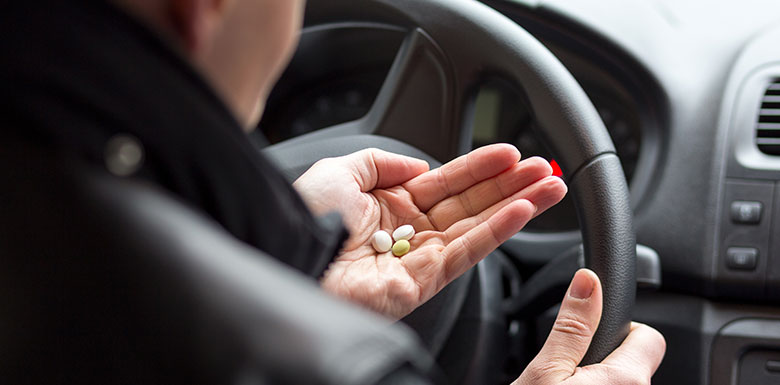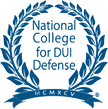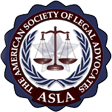
Drugged driving accidents are a tragically common occurrence in the state of Washington. According to the National Highway Traffic Safety Administration (NTHSA), around 20 percent of drivers pulled over on weekends and evenings in 2014 tested positive for illegal, prescription, or over-the-counter medications. Section 46.61.502 of the Revised Code of Washington (RCW) makes it a crime to drive a car with a THC concentration of five nanograms or greater per milliliter of blood, even though it is perfectly legal to consume cannabis within the state. Furthermore, it is illegal to drive while under the influence or effects of marijuana, alcohol, drugs – or any combination of the three.
The consequences of breaking this law are severe, but the Seattle criminal defense team at Emerald City Law Group can help you avoid these penalties. Call us today at (206) 973-0407, or reach out via the online form to schedule a free consultation.
How Do Prosecutors Prove Drug Impairment?
A prosecutor’s job is to prove beyond a reasonable doubt that you violated Washington’s drugged driving laws. There are two ways of accomplishing this:
- Providing test results that show that your THC concentration was greater than the legal limit.
- Providing the court with other evidence that shows that you were under the influence of marijuana or another drug.
If you get into an accident that results in serious injuries or the loss of life, the police will generally request medical personnel to take blood samples from you and the other involved drivers. Similarly, when an officer pull you over and suspect that you are driving under the influence of drugs, they will request that you provide a blood or urine sample for analysis.
All this means that there are some drugged driving cases in which the prosecutor has no blood analysis tests to work with. In these scenarios, the prosecutor will need to gather other evidence that demonstrates that you were impaired at the time of your crash. This evidence may take the following forms:
- The police’s observations of your erratic driving prior to the traffic stop
- Law enforcement’s recollections of your appearance and behavior
- Your statements to law enforcement at the roadside and while in custody
- The results of a search your vehicle or person, which may turn up drugs or paraphernalia
Increasingly, Washington law enforcement agencies rely on Drug Recognition Experts (DRE), who are specially trained to determine when a person is under the influence of drugs. A DRE officer may be called to the scene to give you a variety of tests to detect symptoms of drug use such as high pulse, muscle tone, and eye twitches. Although the testimony of any officer regarding your supposed impairment will have weight in court, the testimony of an officer trained in drug recognition will likely have a higher persuasive effect on a judge or jury.
How a Criminal Defense Lawyer Can Help
If the prosecutor has a lab report showing that your blood contained incriminating amounts of THC or other drugs, the defense of your case will focus on invalidating this analysis because of faulty procedures or equipment, demonstrating that the officer lacked probable cause to arrest you, or showing that the traffic stop was illegal. A traffic stop is illegal when an officer pulls you over without having observed you driving erratically or committing a traffic infraction. In such cases, your lawyer can request that all evidence obtained as a result of the traffic stop be thrown out of court.
When no lab tests show the presence of drugs in your system, your criminal defense lawyer will focus on discrediting the testimony of the officer who observed your alleged impairment. At Emerald City Law Group, we have a proven track record of helping our clients avoid the devastating effects of a drugged driving charge. If you’ve been charged with driving under the influence of marijuana or another drug, contact us today at (206) 973-0407 to learn how we can help.
View All Blogs





